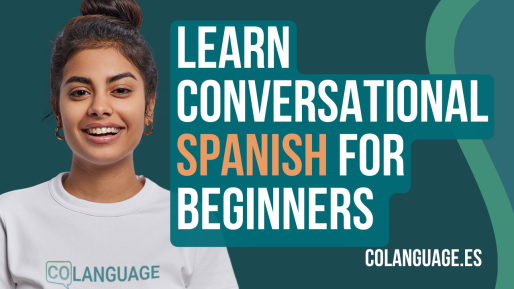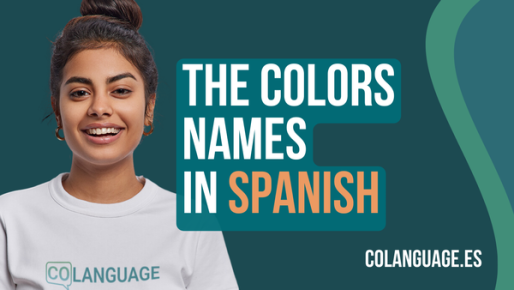How to introduce yourself in Spanish
Spanish Saying your age A1 To introduce oneself
Learn how to introduce yourself in Spanish.
<< Decir tu edad (Saying your age)
Video
Podcast
"What is your name?" in Spanish
These Spanish expressions can be used to ask and talk about names. The most common way to introduce yourself in Spanish is "Me llamo". Literally, it means I call myself.
| Spanish | English |
|---|---|
| Me llamo | I call myself / My name is |
| ¿Cómo te llamas? | What's your name? |
| Soy | I am |
| Mi nombre es | My name is |
| ¡Encantado! | Nice to meet you! (Male speaker) |
| ¡Encantada! | Nice to meet you! (Female speaker) |
"Mi nombre es" is a more formal way to say your name, and it means "My name is".
Dialogue on name expressions
| Spanish | English |
|---|---|
| ¡Hola, soy Daniel. ¿Cómo te llamas? | Hi, I am Daniel. What's your name? |
| Me llamo María. Encantada. | My name is Maria. Nice to meet you. |
| Encantado. | Nice to meet you. |
| ¿Cómo se llama tu amigo? | What's your friend's name? |
| Su nombre es Alex. | His name is Alex. |
"How old are you?" in Spanish
To talk about a person's age in Spanish, use the verb "tener" and follow it with the age.
For example: Tiene 13 años. => He is 13 years old.
| Spanish | English |
|---|---|
| ¿Cuántos años tienes? | How old are you? |
| Tengo 25 años. | I am 25 years old. |
| ¿Cuál es tu fecha de nacimiento? | What is your date of birth? |
| Mi cumpleaños es el 2 de febrero. | My birthday is on the 2nd of February. |
| ¿Cuándo es tu cumpleaños? | When is your birthday? |
| Es el 4 de noviembre. | It?s on the 4th of November. |
| Cumplo 18 años. | I turn 18 years old. |
Dialogue on age expressions
| Spanish | English |
|---|---|
| ¡Hola! ¿Cuántos años tienes? | Hi! How old are you? |
| ¡Hola! Tengo 30 años. | Hi! I'm 30 years old. |
| ¿Y tú? ¿Cuántos años tienes? | And you? How old are you? |
| Tengo 20 años. | I'm 20 years old. |
| ¿Cuándo es tu cumpleaños? | When is your birthday? |
| Mi cumpleaños es en febrero. | My birthday is in February. |
"Where are you from?" in Spanish
There are different expression you can use to talk about a person's origin. The most common phrase is formed by using the verb "ser" (to be) followed by the name of the country.
For example: Ella es de Alemania. => She is from Germany.
| Spanish | English |
|---|---|
| Soy de Inglaterra. | I am from England. |
| ¿De dónde eres? | Where are you from? |
| Eres de Francia. | You are from France. |
| Me encanta tu país natal. | I love your native country. |
| Mi país de origen es México. | My country of origin is Mexico. |
"País de origen" is a more formal way to say where you're from. It means "country of origin".
Dialogue on origin expressions
| Spanish | English |
|---|---|
| ¿De dónde eres? | Where are you from? |
| Soy de Italia. | I am from Italy. |
| ¿Y tú? | And you? |
| Soy de España. | I am from Spain. |
| ¿Dónde vives? | Where do you live? |
| Vivo en Barcelona. | I live in Barcelona. |
| Me encanta tu ciudad. | I love your city. |
| A mí me gusta tu país natal. | I like your native country. |
Key takeaways
Here is a quick summary of this lesson.
- "País de origen" means "country of origin".
- "Cumplo" means "I turn" and you follow it with your new age.
- Use the verb "tener" and follow it with the age.
Important! Practise this lesson with a teacher.
We recommend to complement our free lessons with one of our teachers in conversation lessons. We offer both private and group lessons.
Subscribe to our social media channels to get free daily exercises!


